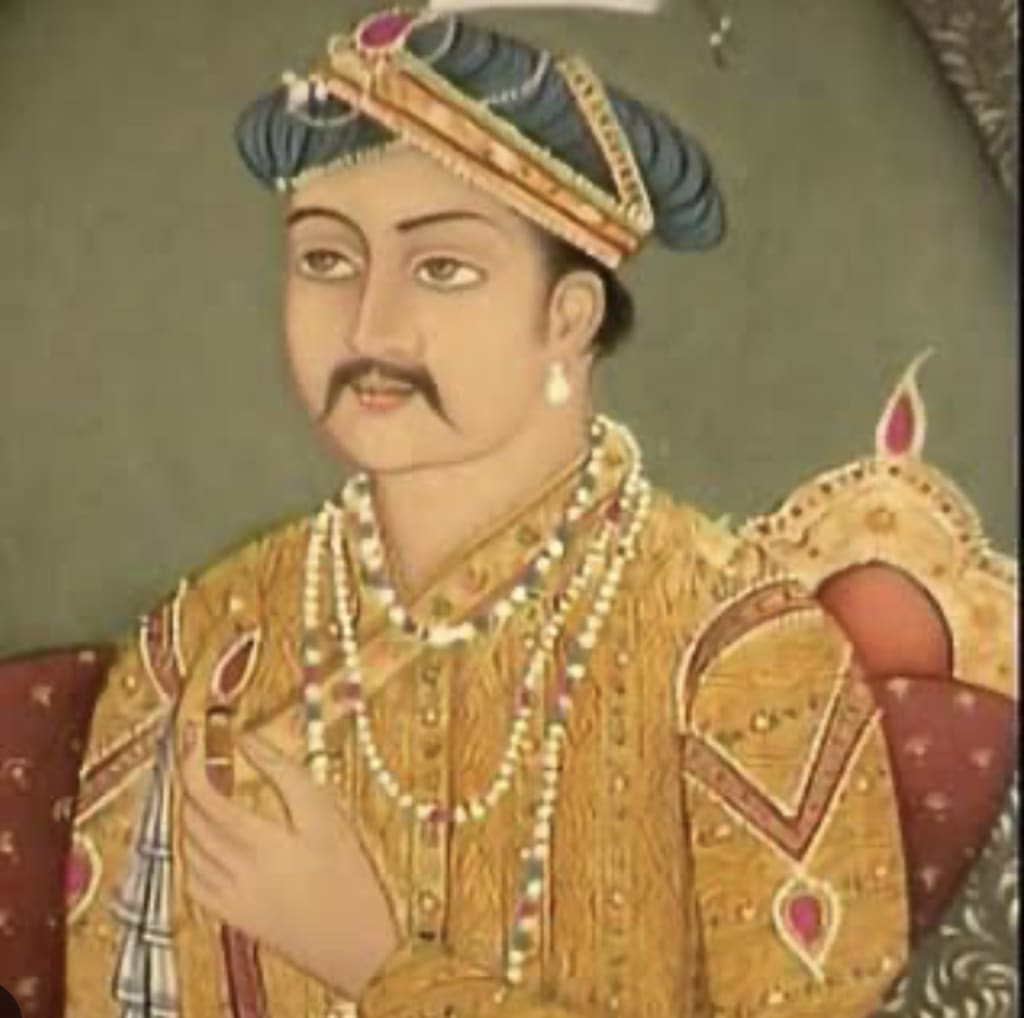
Akbar the Great, also known as Akbar Badshah, was the third Mughal Emperor of India. He was born in 1542 in Umarkot, Sindh, which is now part of Pakistan. Akbar was the son of the Mughal Emperor Humayun and his wife Hamida Banu Begum. After his father's death, Akbar became the Mughal Emperor at the age of just 14.
Akbar was known for his military conquests, his religious tolerance, and his administrative reforms. He was a great patron of the arts and literature, and he encouraged the development of a unique Mughal style of architecture. Akbar's reign is considered to be a golden age in Indian history, and his legacy continues to be felt in India today.
Military Conquests
Akbar was a great military leader, and he expanded the Mughal Empire to include most of the Indian subcontinent. He was known for his innovative military tactics, and he was able to defeat much larger armies through his use of artillery and cavalry. Akbar's most famous military campaign was the conquest of Gujarat, which was a wealthy and powerful kingdom in western India. Akbar was able to defeat the Gujarat army and annex the kingdom to the Mughal Empire.
Religious Tolerance
Akbar was known for his religious tolerance, which was unusual for a ruler in 16th-century India. He believed that all religions were equal, and he encouraged people of different faiths to live together in peace. Akbar abolished the tax that non-Muslims had to pay, and he invited scholars from different religions to his court. He also founded a new religion, Din-i-Ilahi, which was a blend of Islam, Hinduism, Christianity, and Zoroastrianism.
Administrative Reforms
Akbar was a great administrator, and he implemented many reforms that helped to strengthen the Mughal Empire. He created a new system of government that was based on merit, rather than birth. He abolished the use of torture and improved the treatment of prisoners. He also created a new system of taxation that was based on land revenue, which helped to increase the wealth of the Mughal Empire.
Art and Literature
Akbar was a great patron of the arts and literature, and he encouraged the development of a unique Mughal style of architecture. He built many beautiful buildings, including the famous Red Fort in Delhi. Akbar also encouraged the development of a new style of painting,
One of Akbar's most famous policies was his policy of religious tolerance. He believed that all religions had something to offer, and he invited scholars from many different religions to his court. He even created a new religion, called Din-i-Ilahi, which was a blend of many different religious traditions.
Akbar was also known for his military conquests. He expanded the Mughal Empire to include much of northern and central India, and he defeated many of his rivals in battle. However, he was also known for his diplomatic skills, and he was able to make alliances with many of the rulers he defeated.
In addition to his love of learning and his military prowess, Akbar was also known for his love of art. He was a great patron of the arts, and he commissioned many beautiful paintings and buildings. One of his most famous buildings is the Tomb of Akbar the Great, which is located in Sikandra, near Agra.
Overall, Akbar was a complex and fascinating figure in Indian history. He was known for his many accomplishments, but he was also flawed like any human being. Nonetheless, his legacy continues to be felt in India today, and he is remembered as one of the greatest rulers in Indian history.
He was one of the best ruler.





Comments
There are no comments for this story
Be the first to respond and start the conversation.